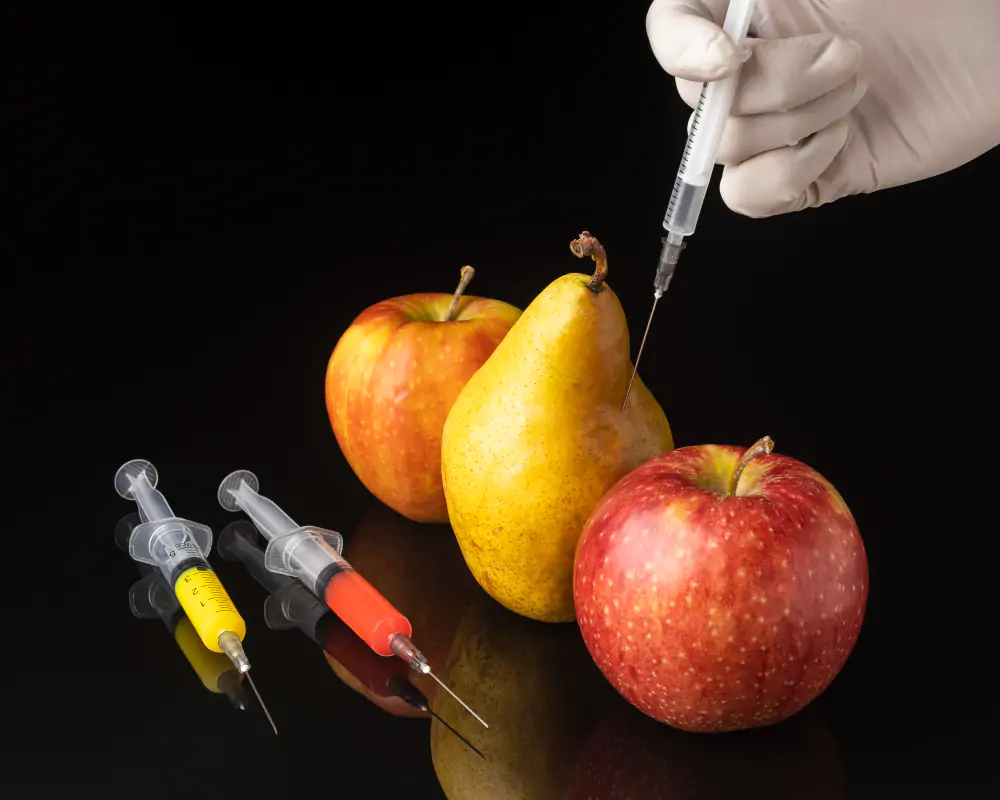A Look at the growing concerns about food adulteration, urea contamination in packaged foods and Its impact on public health.
Credit: Freepik
In recent times, food adulteration has become a growing problem, raising questions about the safety and integrity of the food supply. The infiltration of counterfeit substances, especially in packaged and farm based products and the use of urea in food production has become a major challenge that requires immediate attention from both authorities and consumers.
Adulteration of packaged foods has been observed in various categories including meat, poultry, dairy, spices, oils, grains, vegetables, fruits, fungi and processed foods. Unscrupulous individuals and companies often use the addition of low-quality or harmful substances to improve the appearance, taste or preservation of their products. Such practices not only deceive consumers, but also present potential health risks

Captive farming, another issue, involves growing fruits, vegetables and other agricultural products & live stock using harmful chemicals and pesticides.
Credit: Freepik
This method prioritizes revenue and profit over consumer health and safety.

The indiscriminate use of pesticides and fertilizers can contaminate the produce, which can cause long-term health effects for consumers of such foods.
Urea-based adulteration is one such worrying issue that has come to light in recent years. Urea, a commonly used fertilizer, is abused by unscrupulous people who add it to milk, dairy products and even certain beverages.
Credit: Freepik

Urea pollution not only threatens the quality and nutritional value of food, but also poses serious health risks, especially to vulnerable populations such as children and the elderly and it also decreases Microbial Diversity in the soil which are beneficial for plants, animals and humans
The consequences of consuming adulterated food can range from mild gastrointestinal discomfort to serious illness, depending on the nature and extent of the adulteration. Consumers unknowingly exposed to such foods may experience nausea, vomiting, indigestion, allergic reactions or even long-term health problems.
Addressing these issues requires a multifaceted approach involving collaboration between government agencies, food regulators and consumers. Strengthening enforcement measures, conducting regular inspections and imposing severe penalties on violators can prevent counterfeiting. In addition, it is very important to educate consumers about the importance of checking labels, buying from reliable sources and being aware of the risks associated with adulterated food.
Credit: Google
Consumers should remain vigilant and follow safe eating practices. By choosing local and organic products, consumers can support sustainable agricultural practices and reduce the risk of exposure to fake food.

In addition, reporting suspected counterfeiting to the relevant authorities can help curb the spread of such unethical practices.
To summary this, it can be stated that food adulteration is a serious threat to public health and the integrity of the food industry. The increase in adulteration in packaged food and farm based products like cereals (grains), vegetables, fruits, cooking oils, meat, milk, eggs and fungi require immediate action by regulatory agencies to ensure the safety and quality of the food supply. Collaboration between government agencies, regulators and informed consumers is critical to combating this problem and protecting the public’s well-being.
WEB STORIES FOR YOU
List of food contamination incidents
Stay connected with Today On Globe for the latest Global Issues and News Updates.
Explore more related articles at [TOG News / TOG Article]























